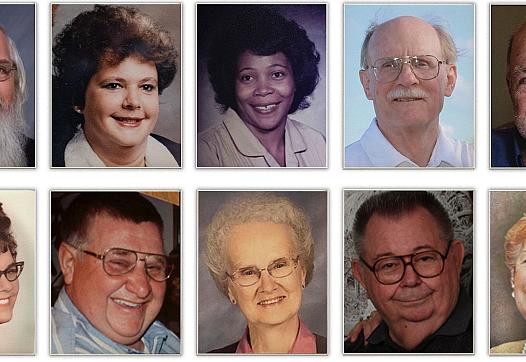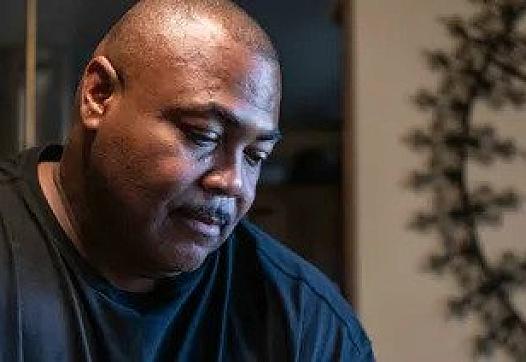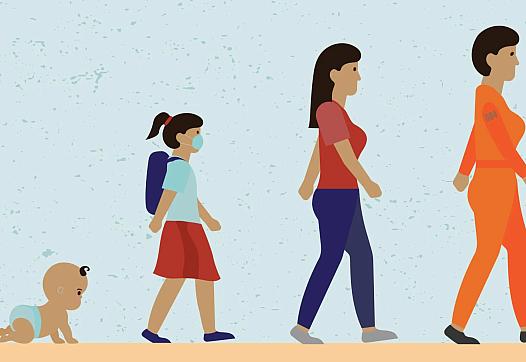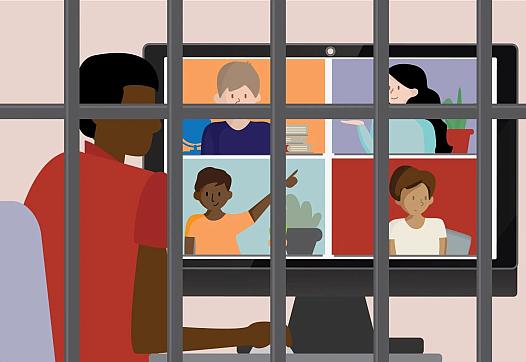A mom reaches out to thank lawmakers for their support of mental health reform, as her daughter sits in a crisis stabilization unit for the 17th time.
Environmental Health

As schools have returned to in-person instruction, advocates for children say they’re starting to see an uptick in juvenile justice complaints. We look at how diversion works in other countries.

At the start of the worst public health crisis in over a century, the Virginia Department of Health was manually tracking the virus through test results sent via fax machines.

Juvenile justice advocates see a disproportionate number of children with reading disabilities. The pandemic shed a light on those inequities.

A major new investigation details how nursing homes failed during COVID-19.

A USA TODAY investigation has traced the casualties back to one nursing home chain, Trilogy Health Services, owned by a real estate venture with a new business plan for the cutthroat world of eldercare.

School-based juvenile justice complaints decreased when children were not in school during the pandemic, but what about now?

When schools shut down at the beginning of the pandemic in 2020, juvenile delinquency complaints decreased. Here’s what it means — and what it doesn’t.

After nearly two years of unprecedented losses from lives and jobs to homes and education, the ITEAM found high school students in Augusta are now vanishing from the classrooms in record numbers.
Trees mean more to us than simply the sum of their biological value. Each of us has individual trees that have been meaningful in our lives.
